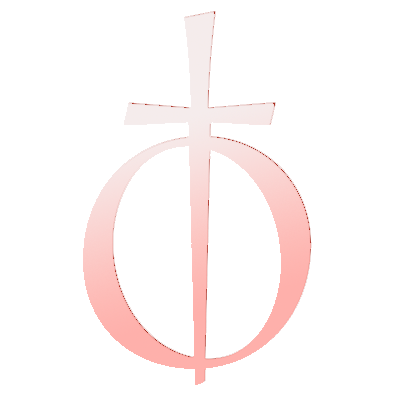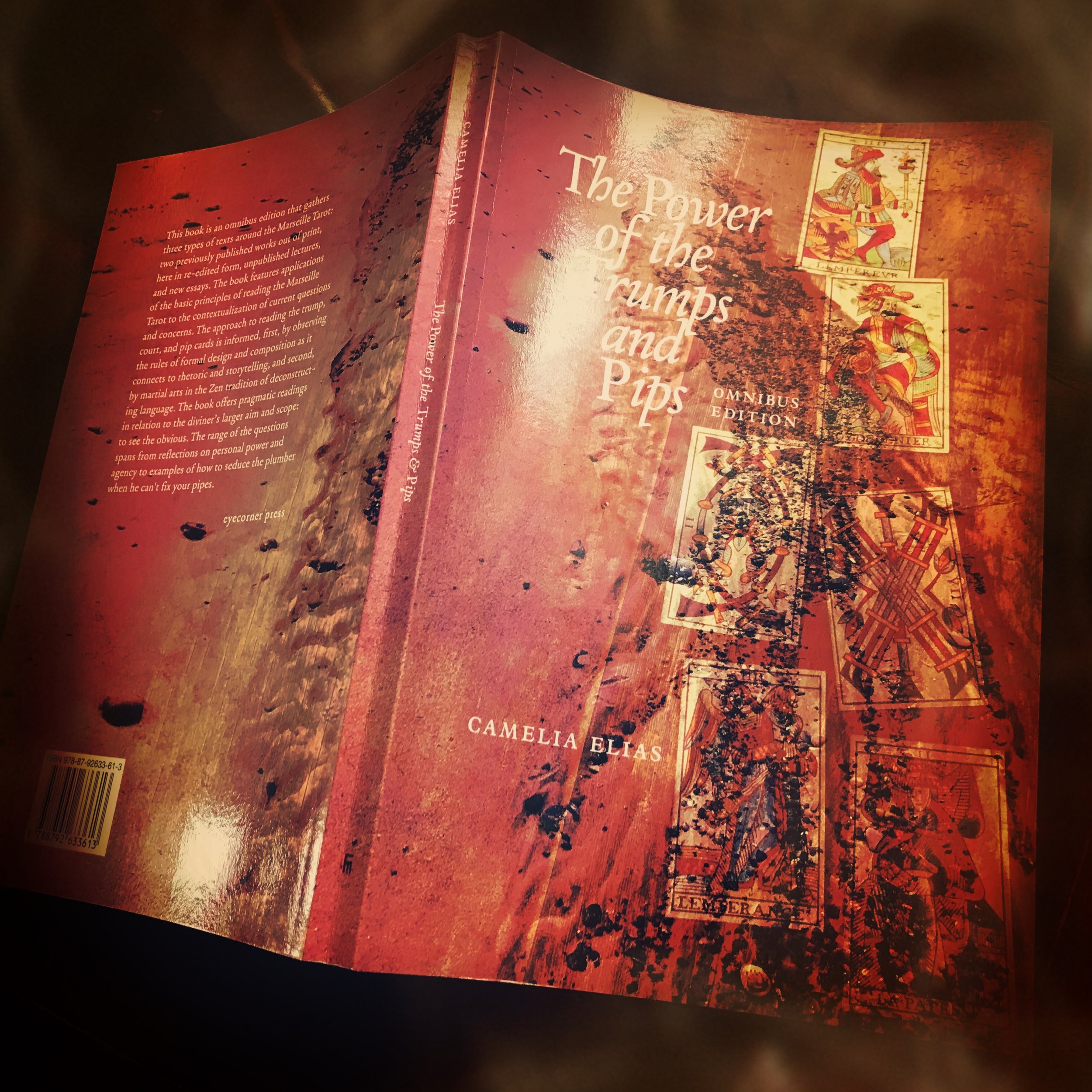A difficult choice
Someone suffering from severe depression and suicidal thoughts asked me to unpack the difference between Six of Swords and Eight of Swords. The person gave me his own interpretation, relating to his confusion about how both of these cards are about negative thoughts, or about the tension in negotiating for something that may be the result of mere compromise. Wrong.
Now, it’s not my style to say, ‘I am right and you are wrong’, just because… But it is my style to insist that if you stick to a system, you will never be in doubt. In my book of classical fortunetelling – and literal book – all the sixes are about roads, ways, modalities, or paths, while the eights are about imagination, thoughts, and plans that are not yet realized but considered. The Six of Diamonds or Coins may indicate a car, as Diamonds relate to energy, hence something on round wheels that uses fuel. The Eight of Hearts or Cups may indicate arteries, blood sent to other vessels, or simply the good thoughts of people partying together and wishing well on one another. The surrounding cards decide which of these concrete significations applies.
Now, the suicidal young man – and I got license to write about this in public – suggested that one way of coping with suicidal thoughts (and he gave me his own string: 6 Swords, 2 Swords, 2 Cups) was to ‘take the various thoughts and ideas that may be overwhelming (6 Swords) and lower them to realistic and achievable goals (2 Swords)’. What followed was a nice note-to self on how to be more trusting of the medical system and better at listening to sound advice. All fine with me on this latter idea.
But here is what I would also say, unambiguously and independently of the narrative that we may want to impose on ourselves – more often than not because ‘we heard that one before.’ When cutting through clichés we need a cold knife. As far as the medical context goes, I’d say, stick to what the good doctor says. But in the context of the cards, pay close attention to what you see, not what you ‘know.’ Then stick to the system of choice for your divination.
Six of Swords is not a card about negative thoughts that may be overwhelming. Six of Swords is about hanging out with the wrong crowd; walking a path that’s not healthy for you; getting dubious advice on your journey; difficulties travelling. All these significations do not relate to the journey in your head. They relate to a physical journey. So the advice here is to leave things behind. Eliminate that which is not good for you, weather in the form of drugs (prescribed or otherwise) or other travelling companions. A point of exacerbated conflict comes – perhaps in the form of quarrelling with yourself – but this can be turned to your advantage. The idea is not just to change the metaphor so that you can change your life, but rather, to raise the metaphor to a state of embodiment that can literally turn your ways around. This distinction is part of the philosophy of action, rather than part of metaphysics, or ‘here’s what I’m thinking.’ Nice philosophy, but with no action.
The young man’s spread above is not about ways of thinking, as much as it is about a way of walking a different path; choosing a different path; accepting the conflict within, including its inevitable consequences – parting ways with a significant other may be one such consequence – so that one can allow oneself to drink from the cup of joy and life.
Visually things are even simpler. If we look at the cards, we go from tension to release. Six clenched swords are not the same as two clenched swords. Are there bumps in the road? Avoid them. Get rid of them. Or find a way of getting from 6 to 2, if you can’t avoid the pain of it. Or wait for some rain to smooth it out. Find the one who will offer you a cup, and ditch the one who brings you to dark alleys. The point is to live, not just to think about it. The point is to live life, not just to cope with it.
*
Trumps and Pips
My book on the power of the trumps and pips is a good starting point, if you need clear insight and understanding on how to read with the full deck.



